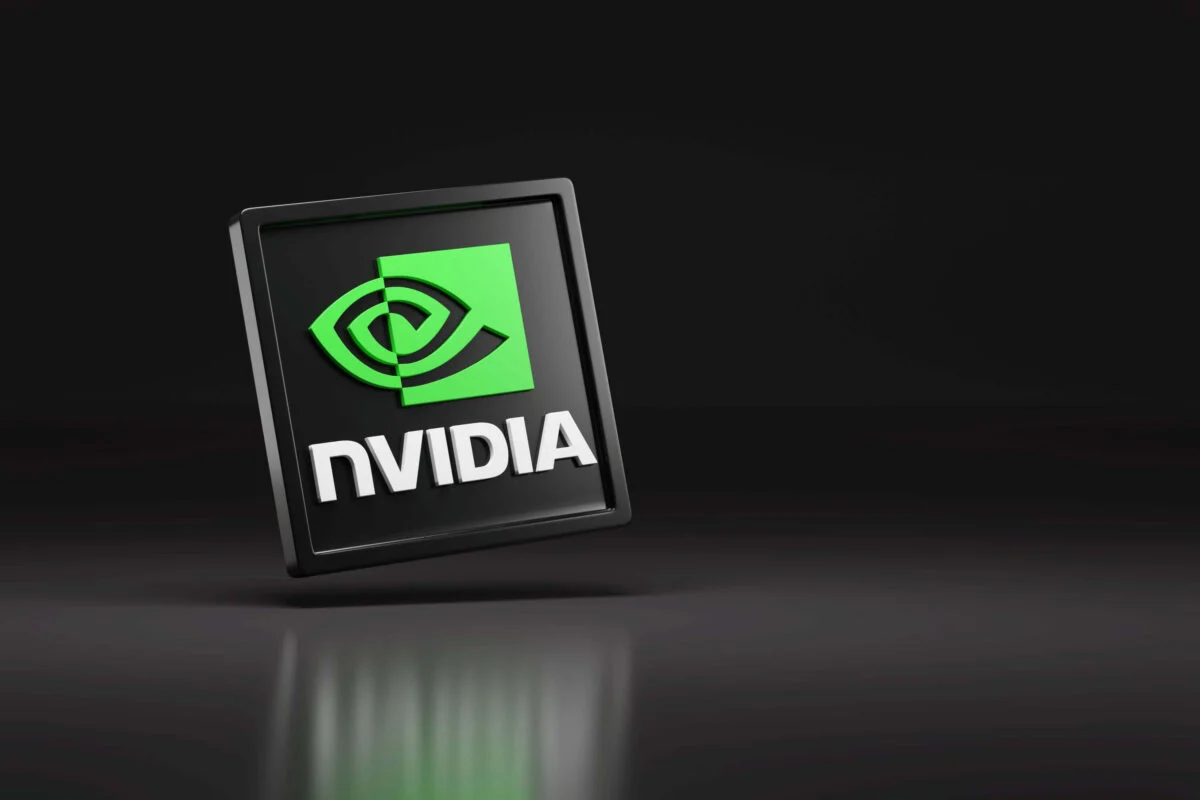
Nvidia Corporation (NVDA), a global leader in AI and chip technology, has found itself in a precarious position as multiple factors exert pressure on its stock. The company faces challenges ranging from export legislation to intensified competition in the high-tech arena.
Nvidia Stock Declines Amid Market Volatility
Nvidia shares experienced a notable decline, falling 2.4% in premarket trading on Friday, following a 3.6% drop on Thursday. This trend mirrors a broader sell-off in the tech sector. Other AI-driven chipmakers, including Advanced Micro Devices (down 2.5%) and Broadcom (down 1.2%), also faced similar pressures, underlining the tech market’s recent volatility.
Analysts are optimistic that Nvidia’s third-quarter earnings report, set to be released this Wednesday, could provide a brighter outlook. KeyBanc analyst John Vinh has maintained an Overweight rating with a $250 price target, predicting strong Q3 results and positive guidance for Q4, primarily due to increased shipments of Nvidia’s highly anticipated Blackwell Ultra hardware.
Export Legislation: A Growing Concern
Legislation proposing that chip firms prioritize U.S. demand over exports to China and embargoed countries has created uncertainty for Nvidia. While Microsoft and Amazon back this legislation, Nvidia has voiced its opposition, citing concerns about maintaining America’s AI leadership globally. A company representative clarified, “Sales to authorized customers worldwide do not deprive U.S. customers of anything—and in fact, expand the market for many U.S. businesses and industries.”
China, a major market for Nvidia’s AI chips, has seen reduced shipments due to current export restrictions. However, there are reports that Nvidia may resume shipments as it ramps up the production of its older Hopper chips, potentially opening up revenue streams in the region.
Rising Competition in AI Hardware
Despite Nvidia’s dominance in the AI chip sector, domestic and international competitors are gaining ground. Companies like AMD, with its Instinct MI300X series, and Intel, with its Gaudi 3 line, continue to expand their offerings. Major cloud providers, such as Google, Amazon, and Meta, are also developing proprietary AI chips to reduce reliance on Nvidia’s hardware.
Google’s Ironwood TPUs, specifically optimized for unique workloads, signify a strong push toward self-reliance. Additionally, geopolitical tensions and Beijing’s encouragement for local companies to adopt domestic technology highlight the competitive risks faced by Nvidia in maintaining its global AI leadership.
Stock Volatility: A Historical Context
Nvidia’s stock fluctuations are not new. The company’s shares have dropped over 30% within two months on eight separate occasions in past years. While the tech giant boasts significant financial strength—71.6% revenue growth in the last 12 months and a free cash flow margin of 43.6%—its past performance indicates a susceptibility to market corrections.
Expert Recommendation
Investors looking to capitalize on Nvidia’s leadership in AI technology amidst current volatility might consider diversifying into ETFs or funds focused on tech and AI innovation. Additionally, Nvidia products like the Nvidia GeForce RTX Series remain popular for their advanced performance in gaming and AI applications, appealing to professionals and enthusiasts alike.
Stay abreast of market developments by continually monitoring Nvidia’s announcements and broader trends in the tech sector.





